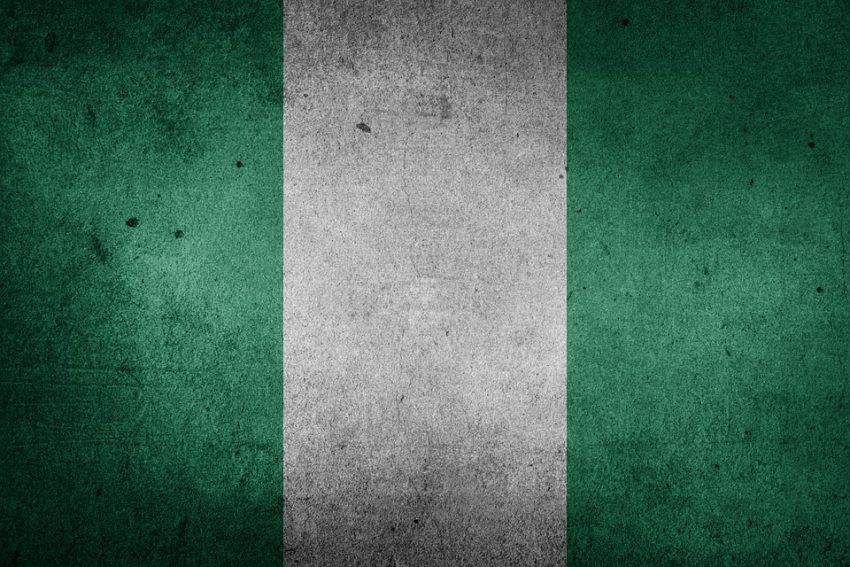It is our Independence Day on October 1 st 2016! Here are 10 facts to celebrate Nigeria.
Here are ten facts about Nigeria that you probably never knew:
- Population: Nigeria is by far the most populated of Africa’s countries, with more than one-seventh of the continent’s people.
source: Travelstart
- Move to Abuja: Lagos is the largest city and the country’s economic and cultural center, but Abuja, is the capital. The government moved from Lagos to Abuja in 1991 in the hope of creating a national capital where none of the Country’s ethnic groups would be dominant.
- Oil versus Agriculture: Nigeria long ago had an agricultural economy but now depends almost entirely on the production of petroleum, which lies in large reserves below the Niger Delta. The low oil prices has been leading to an increase in agricultural investments and interest in growing the sector.
source: Guardain NG
- Independence: The area that is now Nigeria was home to ethnically based kingdoms and tribal communities before it became a European colony. In spite of European contact that began in the 16th century, these kingdoms and communities maintained their autonomy until the 19th century. The colonial era began in earnest in the late 19th century, when Britain consolidated its rule over Nigeria. In 1914 the British merged their northern and southern protectorates into a single state called the Colony and Protectorate of Nigeria. Nigeria became independent of British rule in 1960. After independence Nigeria experienced frequent coups and long periods of autocratic military rule between 1966 and 1999, when a democratic civilian government was established. [How Nigeria celebrated Independence in 1960]
- How Many Are We? In 2008 Nigeria’s estimated population was 138,283,240, yielding an average density of 152 persons per sq km (393 per sq mi). With a birth rate of 40 per 1,000 and a death rate of 16.4 per 1,000, Nigeria’s population is growing at an average of 2 percent annually—a rapid pace. Nigeria has the highest rate of twin births because of the Yoruba tribe. Nearly half of Nigerians are younger than 15 years. By 2025 the population is projected to grow to 206 million.
Source: theGuardian
- Rural or Urban: Nigeria is still a primarily rural country, with only 48 percent of its population living in cities. The country has a long history of urban development, particularly in northern and southwestern Nigeria where substantial cities existed centuries before colonial rule.
Source: naijaloaded.com.ng
- Cities: The largest Nigerian cities are Lagos and Ibadan. Ibadan, founded as a 19th-century war camp, was the largest precolonial city in sub-Saharan Africa. The face of Lagos keeps changing with new innovations, the first IMAX screen in Nigeria opened in September 2016 in Lekki, Lagos.
- Fashion: Nigerian fashion especially the ability to turn Ankara into all sorts of fantastic styles that have mass appeal. From casual Friday to international starts rocking ankara, it is a look everyone enjoys.
source: BellaNaija
- Religion: There is a mix of Islam, Christianity, or indigenous African religions and is central to how Nigerians identify themselves. Recent estimates suggest that 50 percent are Muslims, 40 percent are Christians, and 10 percent adhere to traditional religions.
- Technology: Nigeria is relevant when it come to the growth of technology and the internet. Mark Zuckerberg, the CEO of Facebook is certainly interested in Nigeria because of our population and the potential that it holds. Lagos and Nigeria was certainly buzzing with excitement when Mark visited Nigeria unannounced. [Read: Roundup of Mark Zuckerberg’s visit to Nigeria]
Source: Wikipedia

 source:
source:  source: Guardain NG
source: Guardain NG
 Source: theGuardian
Source: theGuardian Source: naijaloaded.com.ng
Source: naijaloaded.com.ng
 source: BellaNaija
source: BellaNaija

